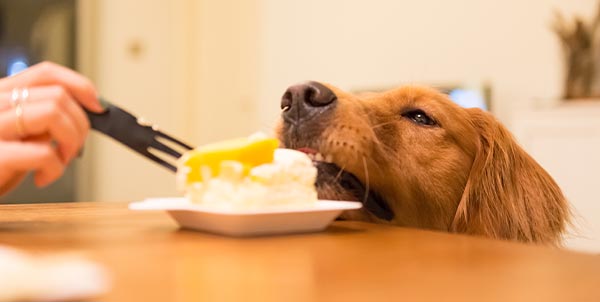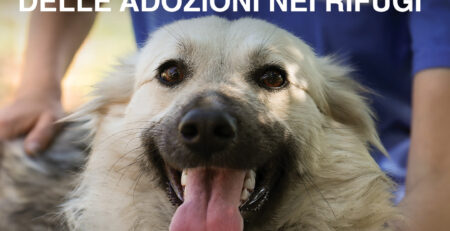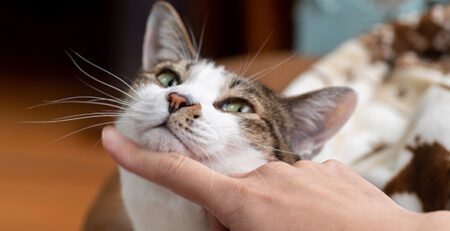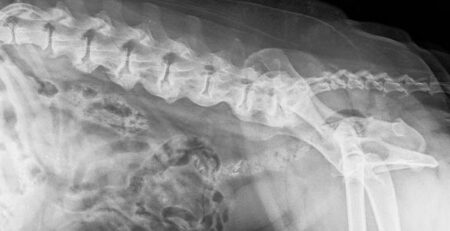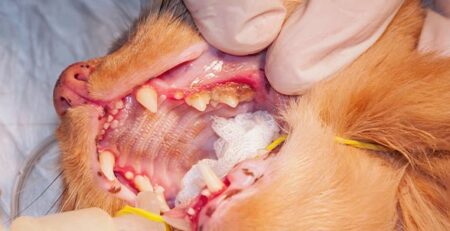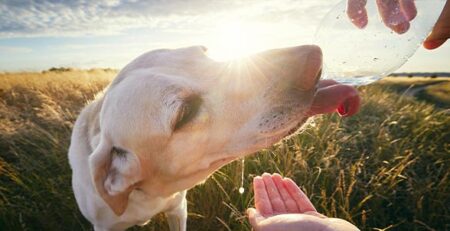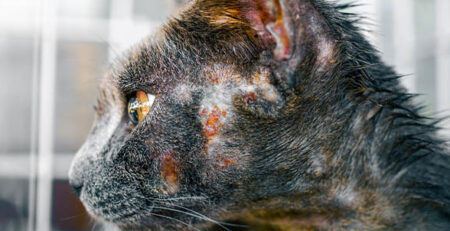Table of Contents
Resisting the temptation to drop a treat on your four-legged friend is very difficult and may seem like a cruel gesture, but it is actually common sense to protect his health.
What we humans eat, and sweets are an example, is NOT GOOD for dogs and cats.
Dogs and cats have different metabolisms than we do, and so do their dietary needs.
Why can’t dogs and cats eat sweets?
The reason lies in the physical conformation of the animal and that of its digestive system.
A major difference between humans and dogs lies in the stomach and intestines: dogs have large stomachs and short intestines, humans vice versa.
In addition, dogs and cats do not possess those enzymes that enable them to digest fats and sugars unlike humans.
Enzymes are those substances naturally produced by the body to metabolize ingested food.
If a substance that cannot be metabolized is introduced into a given organism due to the lack of the right enzyme, it is accumulated through considerable effort of the organs of digestion.
The damage to health is not always immediately apparent, but constant exposure to substances that are not compatible with a given organism can lead to very serious consequences indeed.
What might these consequences be?
The result is a burdened digestive system, accumulated toxins and the emergence of a host of symptoms and diseases caused precisely by the accumulation of those hard-to-assimilate nutrients.
Theaccumulation of sugars, in the specific case of sweets and sugars in general, can cause the onset of:
- Diabetes, which can also occur due to the constant intake of small amounts of sweets
- damage to the circulatory and digestive systems
- Cardiovascular problems caused by the excitement that sugars cause in the animal
- obesity
- pancreatitis
- In the most severe cases, death from intoxication, especially in the case of sweets with chocolate
Consequences from ingestion of sweets less serious but not to be underestimated
In addition to the more serious diseases, there are also a number of minor, but still worrisome disorders such as:
- tooth decay
- gum disease
- bad breath
- indigestion
- food allergies
Absolute ban on giving sweets without exception? It depends.
Although it is always best to avoid and seek advice from your trusted veterinarian first, let’s say that a small morsel given occasionally does not cause permanent damage to the animal.
Know that there are pet cookies, cakes and pastries on the market that on the surface resemble “human” sweets but are actually sugar-free and do not cause intestinal disorders in four-legged animals.
Harmless sweets for dogs and cats? Do them at home, it takes very little.
If you just don’t want to deny a small occasional treat to your four-legged friend, there is a homemade solution.
A very simple recipe involves using whole-wheat flour and fruits or vegetables for four-legged-friendly desserts
Simply cook the fruits or vegetables, reduce them to a puree, add them to the flour, add a teaspoon of honey, mix until soft and smooth, roll out the dough with a fairly high thickness, use the molds of your choice, and finally put in the oven to bake.
Your dog will love it, and you will be sure to have made him happy but without causing any harm.
And again, for a healthy diet that will make your four-legged friend strong, healthy, and always healthy, we recommend that you hire an experienced nutritionist.
Would you like a consultation with a Nutritionist experienced in dog and cat nutrition?
The specialists on our staff are always happy to provide you with any information you need.
We also remind you that in case of need and urgency Clinica La Veterinaria is always open h24 every day including holidays and with First Aid service from 8 pm to 8 am.
For the joy of seeing them HAPPY

